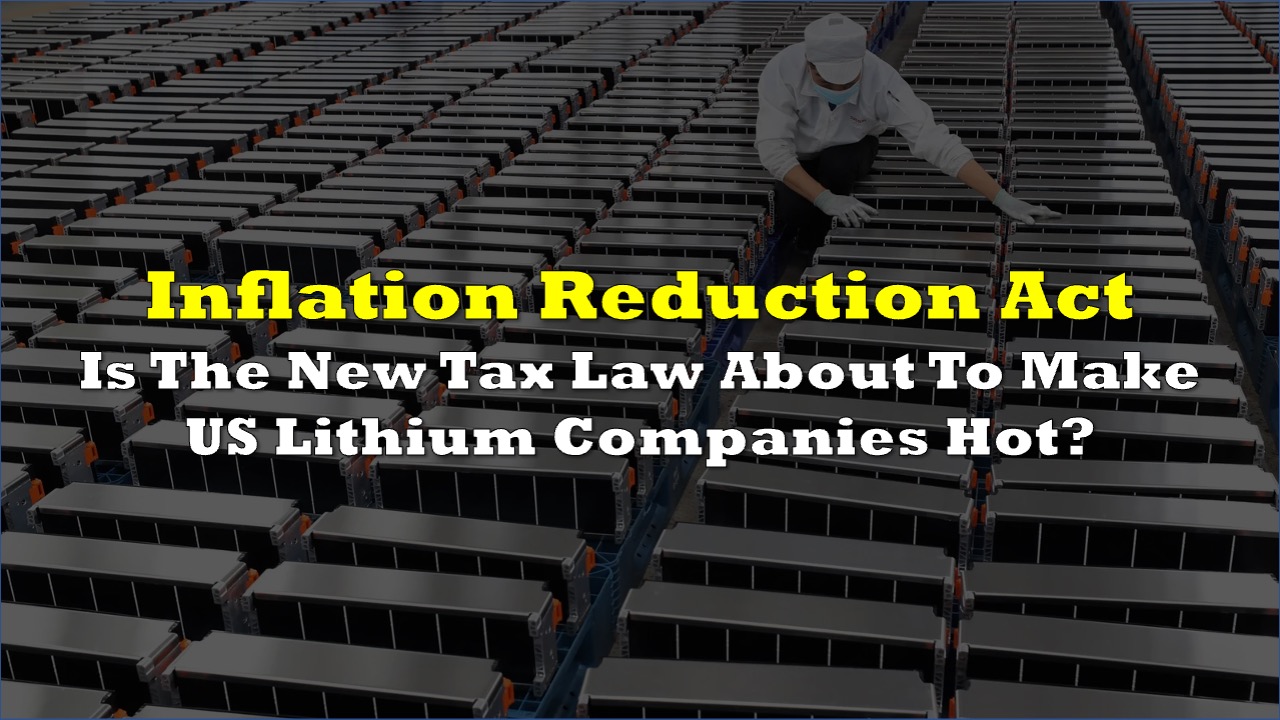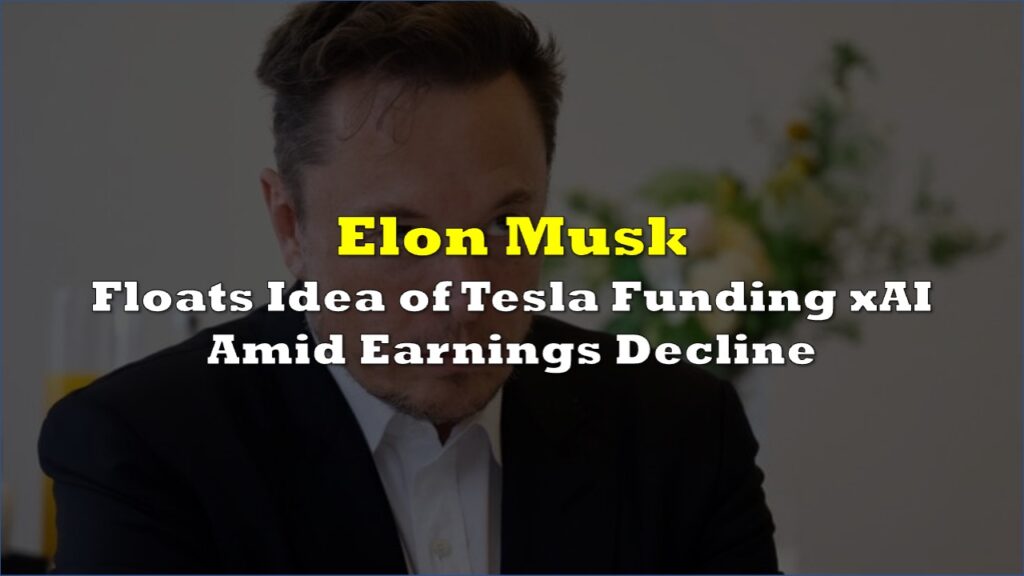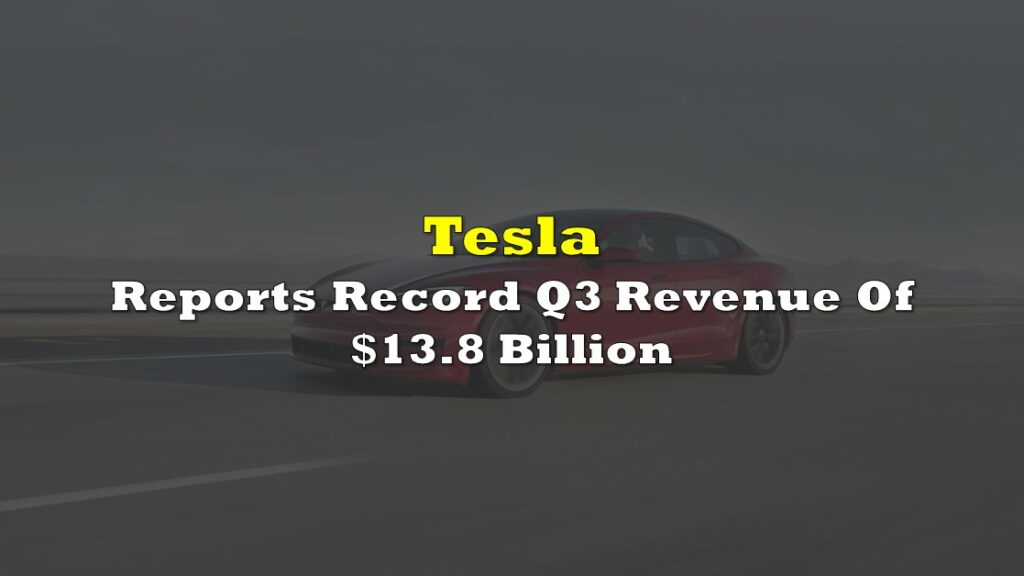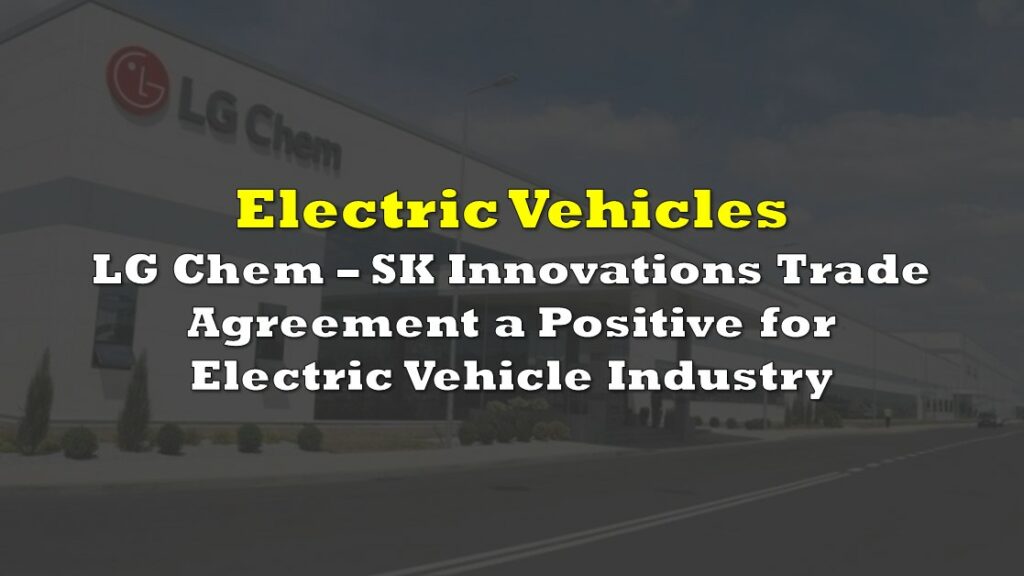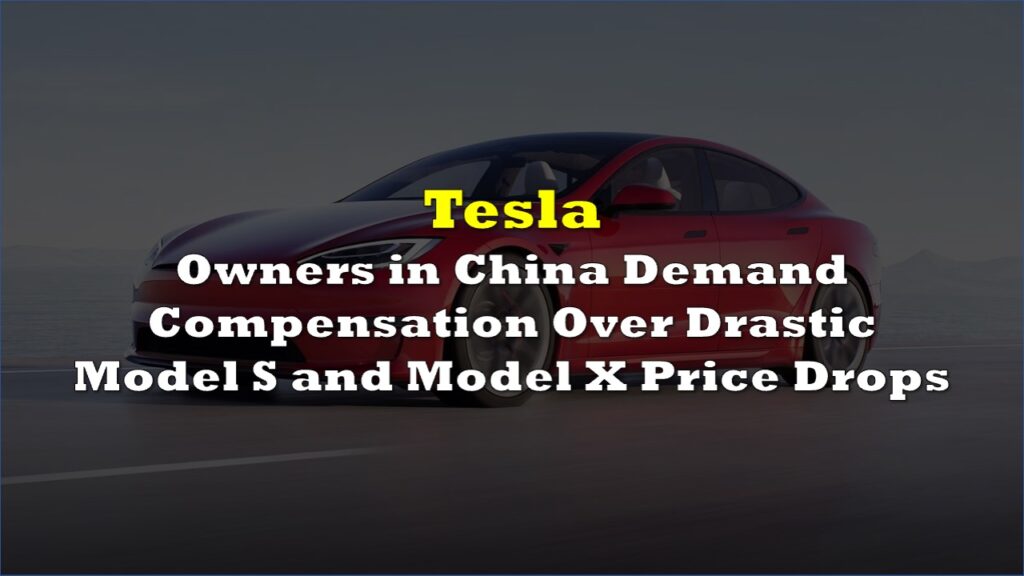US-based electric vehicle makers are finding ways to accelerate the creation of a US battery supply chain to qualify for tax credits under the newly-signed Inflation Reduction Act (IRA).
Analysts say that under the new law, EV makers could receive tax credits enough to offset more than a third of the cost of EV battery packs if the batteries are produced and packaged in the US.
The road to creating a US supply chain for batteries is long and full of obstacles. The country’s current EV battery industry is still in its nascency, while its role in the production of the raw and intermediate ingredients — particularly lithium — needed to build the battery is still mostly just potential, and is currently overwhelmed by growing “not in my backyard” sentiment.
But the incentives seem to be enough motivation for EV makers. Tesla Inc. (NASDAQ: TSLA) and General Motors Co. (NYSE: GM) have already started heating up the race.
“Our thought process was that we would do this over a period of time, but with the IRA, we are actively working on figuring out how to accelerate,” said Sham Kunjur, GM’s executive director for EV raw materials. The company has spent the past year making long-term deals to pin down future supplies of lithium, cobalt, and other ingredients for the rechargeable cells.
GM has also partnered with South Korean battery-maker LG Energy Solution to form Ultium Cells LLC, a company that will build battery cells in production plants in the US. It started production at its Ohio plant last month, with a factory in Tennessee set to open in late 2023, and another in Michigan the following year.
Tesla, meanwhile, has paused its plans to produce its battery cells in Germany, according to a report from the Wall Street Journal. People familiar with the matter said that the company has discussed bringing over cell-making equipment that it had intended to use at its factory outside Berlin to the US.
Tesla has also partnered with one of its suppliers, Panasonic Holdings Corp. to build a battery factory in Nevada. But ultimately, the company has been trying to manufacture its own cells — both to lower costs, and to mitigate the risk of another shortage. The company has been manufacturing new, larger cells at a pilot facility in Fremont, California, and intends to manufacture more in Austin.
The IRA has also caused investors like Jaguar Land Rover and South Korea’s SK Group to bet on battery recycling startup Ascend Elements. The company, which has raised over $500 million in funding, intends to break down used lithium-ion batteries to produce components that would go into new batteries.
The shift in plans for companies like Tesla, as well as the creation of and support for startups like Ascend that offer a sort of alternative show how the new US law could impact the battery market, and finally accelerate US production of not just the cells but also lithium and other components.
Information for this briefing was found via the Wall Street Journal, and the sources and companies mentioned. The author has no securities or affiliations related to the organizations discussed. Not a recommendation to buy or sell. Always do additional research and consult a professional before purchasing a security. The author holds no licenses.

